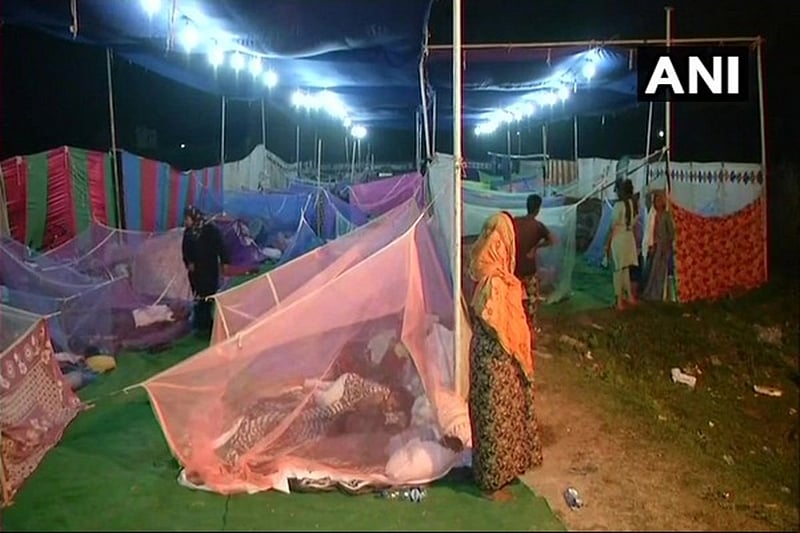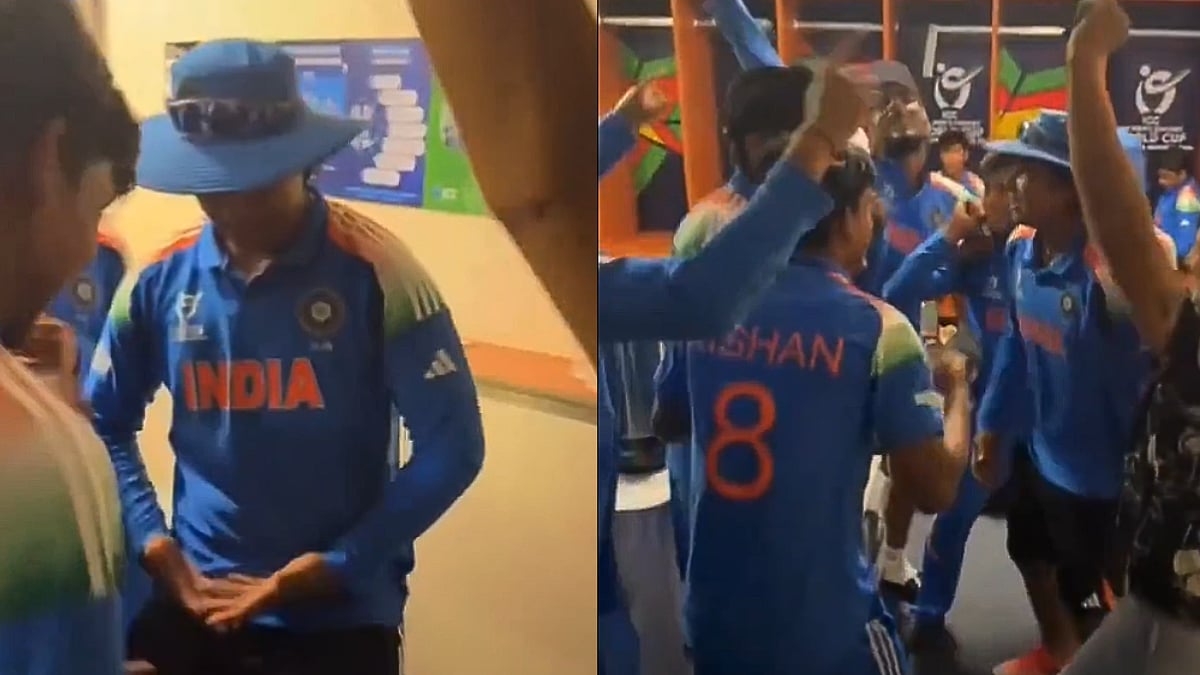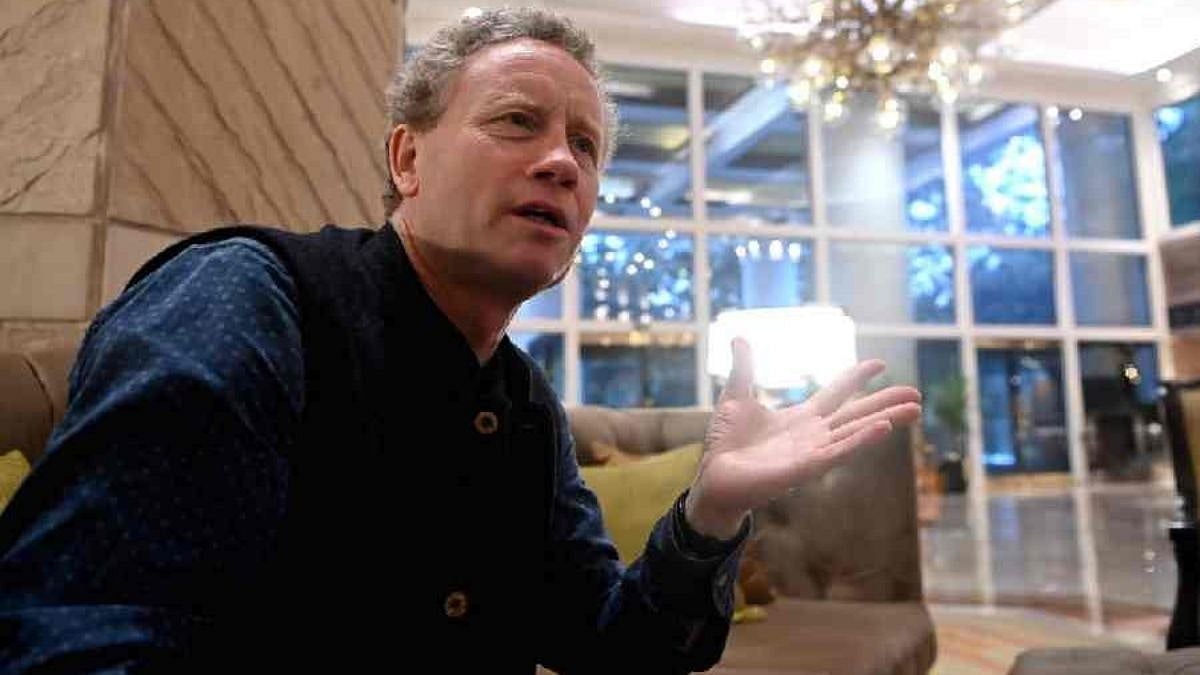While India is in a quandary over who is an Indian, a Bangladeshi or a Rohingya, the feats of two British Bengali girls -- Bhasha Mukherjee and Isa Tara Guha – take me back many years to Reita Faria, the Goan medical student in London who was crowned Miss World in 1966, beating 51 other contestants. It was possibly one of the earliest signs that unlike India which is sinking in bigotry with politicians exploiting cultural differences to promote majoritarianism, the United Kingdom is “the most successful multi-racial democracy in the world”, to quote Sajid Javid, Boris Johnson’s new chancellor of the exchequer (finance minister).
He should know. Mr Javid is the son of a Pakistan-born bus driver, and was a Conservative Party Member of Parliament and Home Secretary under Theresa May, Britain’s second woman prime minister. Another Pakistani bus driver’s son, Sadiq Khan, a staunch Labour Party man, was elected Mayor of London with the highest number of votes ever won by a British politician. Either man could one day become prime minister of the UK. While Mr Johnson preceded Mr Khan as mayor, Mr Javid was touted as a potential leader of the ruling Conservative Party and Mrs May’s successor. Some might say these achievers demonstrate the truth of Nirad C. Chaudhuri’s acerbic comment when Amartya Sen was appointed Master of Trinity College, Cambridge, that the English ceased to be English when they shed their traditional prejudices. Another explanation is that given education and freedom from religious blinkers, the UK has evolved an emancipated new culture that bears out the old boast of being the most aristocratic of democracies and the most democratic of aristocracies.
When Mr Johnson went to Buckingham Palace to be sworn in as prime minister, he was received by Queen Elizabeth’s uniformed and bemedalled black equerry, symbolic of the change that has overcome the UK. It didn’t need a controversial and probably biased National Register of Citizens to discard the ossified past.
Referring to the “send her back” chants inspired in the United States by Donald Trump’s tirades against four non-white Congresswomen, Mr Javid says he knows how it feels “to be told to go back where I came from”. One of his childhood memories is of watching his mother scrub the word “Paki” – a popular term of abuse in lower class areas in the Sixties, Seventies and Eighties – from the front of the family’s shop. A much earlier instance is of the Marquess of Salisbury predicting (wrongly, as it happened) that the British people would not vote for a “black man” when Dadabhai Naoroji stood for the House of Commons. Queen Victoria was reported not to be amused by the sneer. Perhaps royal disapproval marked the beginning of Britain’s transformation.
Both Houses of Parliament are now teeming with South Asians. Technically, the blond prime minister is a Turk, being the great-grandson in the male line of Mehmet Ali Bey, a Turkish journalist. Apart from the chancellor of the exchequer, his government has three other South Asians in important positions -- Priti Patel is home secretary, Rishi Sunak is chief secretary to the treasury, and Alok Sharma secretary for international development. Britain is almost like Singapore when a visiting European minister thought he had landed in an Asian capital when he was received by an Indian foreign minister and taken to an Indian head of state.
It didn’t all begin with Reita Faria but her elevation gave it a fillip. Older readers may recall that born in Bombay on 23 August 1943, Reita won the Miss Mumbai crown after winning the Eve's Weekly Miss India contest. Not only was she the first Asian Miss World but she was also the first Miss World to qualify as a doctor. During the Miss World contest, she won the sub-titles Best in Swimsuit and Best in Eveningwear for wearing a saree. After her one-year tenure, she received many offers to act in films and model but turned them down to concentrate on her medical studies. After completing her degree, she married her mentor David Powell, an endocrinologist, in 1971, and the couple shifted to Dublin, where she started her medical practice.
Twenty-three year-old Bhasha Mukherjee from Derby is also a doctor with two different medical degrees, an IQ of 146, which makes her officially a “genius”, and fluent in five languages. She was due to start her new job as a junior doctor in a hospital in Lincolnshire just hours after the Miss England final ended. "Some people might think pageant girls are airheads, but we all stand for a cause," she said. "My pageant career all started to happen while I was in the middle of studying at medical school - it took a lot of convincing for me to do it, but eventually I decided to do it to balance out my studying and give me a break."
Finally, Isa Tara Guha, born 21 May 1985, won the World Cup for women’s cricket in 2009. Her parents came to the UK from Calcutta in the 1970s. Born in England, she started playing cricket with her older brother, when she was about eight years old, and was selected for the “Development England” side at the age of 13. A right arm fast-medium bowler, Isa made her Test debut at the age of 17 against India in 2002, being the first Asian-origin woman to play for England. She was named BBC Asian Network Sports Personality of the Year and ranked number one bowler in the ICC Women's One Day International rankings.
She announced her retirement from international cricket in 2012, but said she would continue to play county cricket for Berkshire. She joined ITV Sport in April 2012 as a co-presenter of ITV4's coverage of the Indian Premier League. Among the many honours heaped on her, she is an Ambassador (or "Supporter") for Sporting Equals and the British Asian Trust. She is now a television and radio cricket commentator, writes a column for the BBC sport website, and is a special commentator for Test Matches.
Despite her cricketing prowess, Isa is highly educated like Reita and Bhasha. She graduated in biochemistry and molecular biology and gained an MPhil in neuroscience at University College, London. Isa married her long-term boyfriend, musician Richard Thomas of the band Brother and Bones, in September 2018.
A world that generates such talent irrespective of ethnicity has no place for narrow-minded gestures like changing the names of New Delhi’s Aurangzeb Road or Mughalsarai railway station. The new names for these landmarks may justifiably honour contemporary worthies, but what stands out is the spite and bigotry that banished the familiar old names.
The writer is the author of several books and regular media columnist.









